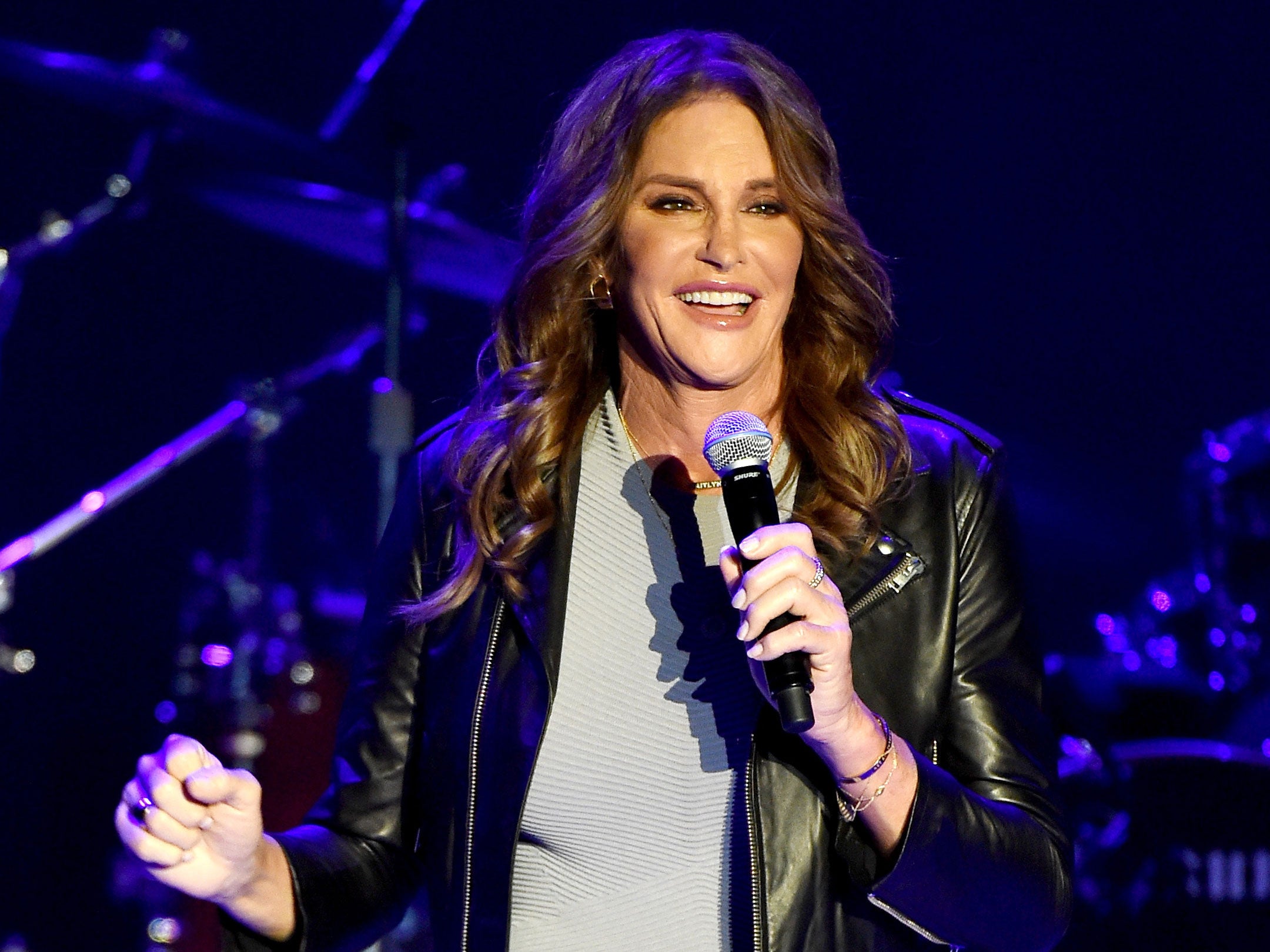Why it's time to take the T out of LGBT
When even Ellen DeGeneres assumes that Caitlyn Jenner supports gay rights, it's clear we're confused. Perhaps it's time to cut the cord

Your support helps us to tell the story
From reproductive rights to climate change to Big Tech, The Independent is on the ground when the story is developing. Whether it's investigating the financials of Elon Musk's pro-Trump PAC or producing our latest documentary, 'The A Word', which shines a light on the American women fighting for reproductive rights, we know how important it is to parse out the facts from the messaging.
At such a critical moment in US history, we need reporters on the ground. Your donation allows us to keep sending journalists to speak to both sides of the story.
The Independent is trusted by Americans across the entire political spectrum. And unlike many other quality news outlets, we choose not to lock Americans out of our reporting and analysis with paywalls. We believe quality journalism should be available to everyone, paid for by those who can afford it.
Your support makes all the difference.Why do so many people believe that if you’re transgender, then you must be gay? This myth is so widespread that even many gay people believe it - and they make up three quarters of the LGBT title we’ve all been filed under. Perhaps the title is, after all, partly to blame: using ‘LGBT’ suggests that being transgender is at the very least heavily associated with sexual orientation, when in fact it stands completely in isolation to what kind of person you sleep with.
A recent case in point occurred this week, when Caitlyn Jenner was featured on The Ellen DeGeneres Show in the US. Ellen appeared surprised by Cait’s stance on gay marriage, which, although it’s softened somewhat over the years, is still not wildly enthusiastic. Caitlyn described herself as a ‘traditionalist’ who had previously thought marriage was just for ‘a man and a woman’, although clarified that now she supports anything that ‘makes you happy’.
Ellen’s shocked reaction implied that she believed someone who is transgender must surely support all gay issues, and therein lies the problem. You see, admirable as the fight for gay rights is, it’s not necessarily a transgender person’s turf. In fact, it’s been estimated that the number of trans people who are gay is only about the same as in the wider population.
The simple point that everyone seems to be missing here is that being transgender and being gay are two entirely different things and they should never be confused. Some say gender is between your ears and sex is between your legs. That makes it easier for ‘Muggles’ to understand, but the message is still not getting through - no matter how much trans activists try to hammer the point home.
To some degree, this could be down to the way trans people have been portrayed in the media for decades (think Jerry Springer) or it could even be partly because transgender people themselves have been happy to be part of the gay or LGBT community since Stonewall back in the sixties. But that might not be the case any longer.
There have recently been murmurings about a campaign to separate the ‘T’ from the LGBs because, although it’s only part of the problem, our continued association with the LGBs is giving everyone the wrong impression. Don’t get me wrong here; it’s not that we don’t like the LGBs. They have been our valuable friends in the past, and given us safety in numbers. When there were too few trans people around to have any kind of say alone, they gave us a voice. Our collaboration with the LGBs has been good for trans people everywhere - but it has also helped reinforce the gay trans myth that it’s now time for us to deconstruct.
Things are changing: our numbers are growing and some are starting to think that perhaps the time is right for the transgender community to separate from the LGB - time for us to fly the LBG nest, if you will.
I recently spoke to transgender boxing promoter and former ‘tough guy’ Kellie Maloney, who put it fairly accurately when she said: “My gender is who I go to bed as. My sex is who I wake up next to.” Indeed, she is one of the most vocal trans people to say that they support a campaign to separate the T from the LGBT.
Disassociating ourselves after all of these years is going to be very hard, but there’s certainly a lot of traction in the idea. The rate at which the public takes on board new concepts is such that I think we’ll need many campaigns like this – not to mention a lot of nagging - before the non-trans collective mindset begins to listen. But reactions like Ellen’s tell us everything we need to know: LGBs and Ts are getting a little too close for comfort. It might be time to cut the cord.
Katie Glover is a transgender woman and editor of the transgender and drag publication Frock Magazine
Join our commenting forum
Join thought-provoking conversations, follow other Independent readers and see their replies
Comments